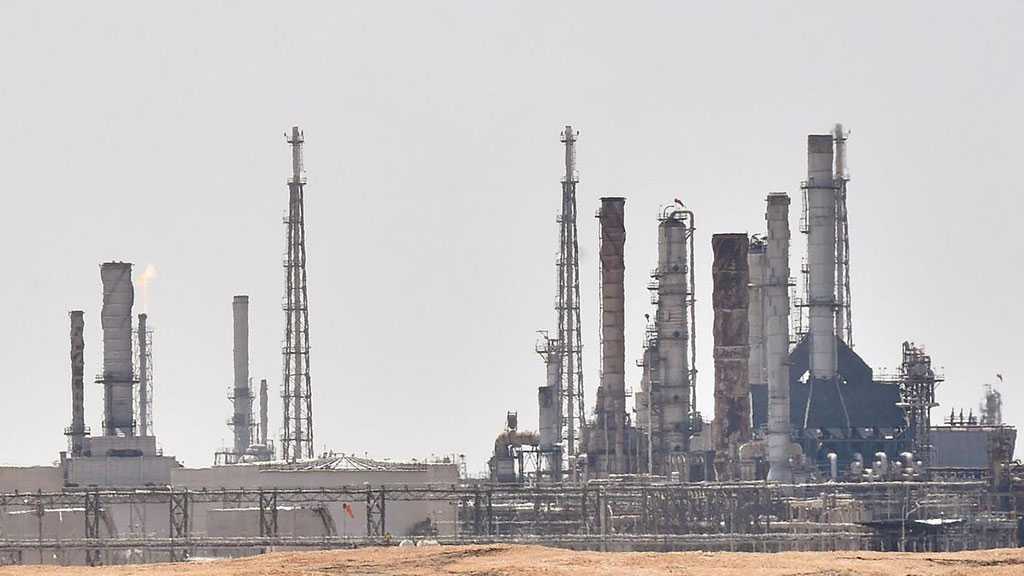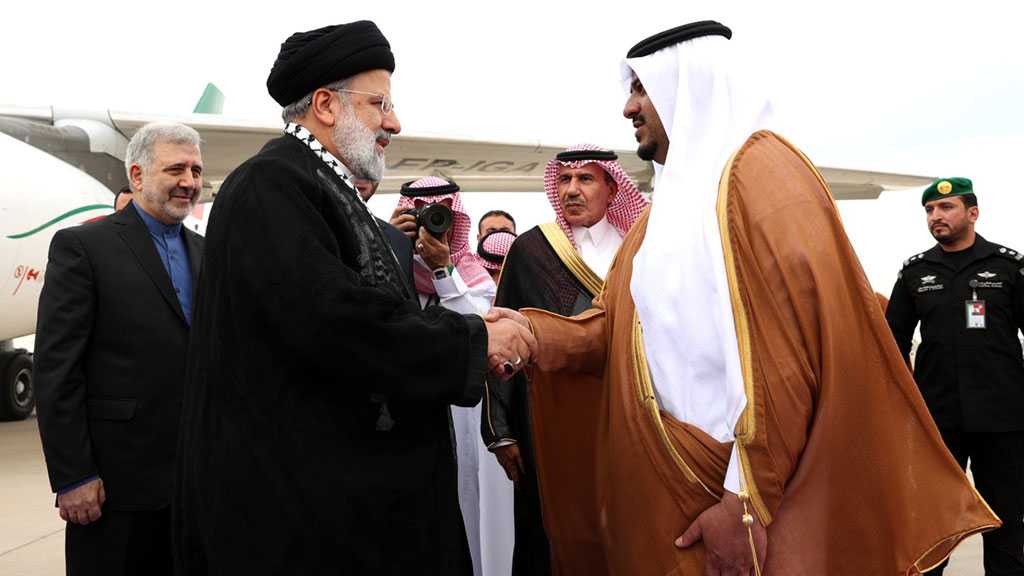Oil Prices Spike after Attack on Saudi Aramco Facilities

By Staff, Agencies
The global oil supply was disrupted by drone attacks on two Saudi Arabian oil plants on Saturday, as ensuing fires brought to a halt the production of 5.7 million barrels of crude oil per day.
An attack on a critical Saudi Arabia oil plant has pushed crude prices sharply higher, though they moderated on expectations that reserves will help bridge any shortfalls in output.
By late morning in Asia on Monday, US crude oil was up $4.89 per barrel, or 8.9%, to $59.73 per barrel early Monday in electronic trading on the New York Mercantile Exchange. Brent crude, the international standard, surged $6.02 per barrel, or 10%, to $66.25 per barrel.
Earlier, US crude jumped more than 15% and Brent rocketed nearly 20%.
Although prices moderated on expectations that reserves would efficiently bridge shortfalls in output, analysts perceive a more protracted rise in oil prices as potentially damaging to the global economy.
The attack and potential disruptions to supplies is especially worrying for countries in Asia that rely heavily on Saudi oil supplies.
In the US, as oil prices surged Sunday, President Donald Trump said he had authorized the use of oil from the country's emergency reserve.
In a series of tweets, he said he had ordered oil from the Strategic Petroleum Reserve to be used "if needed," adding he would use enough oil "sufficient to keep the markets well-supplied."
The United States has more than 640 million barrels of oil in reserve that could offset the supply fallout from the attacks.
US pump prices are anticipated to rise in the coming days, analysts said, as gasoline futures spiked by more than 10% on Sunday trading, reported Reuters.
The national average price of regular gasoline was currently $2.57 per gallon, according to AAA.
California motorists could be hit the hardest, with refineries in that state relying heavily on imports for supplies.
Saudi Arabia accounted for about 37 percent of California's total foreign oil imports in 2018, according to the California Energy Commission.
Among the biggest buyers of Saudi Arabian crude are Chevron Corp's 245,000-barrel-per-day [bpd] refinery in Richmond, California, and the 269,000-bpd El Segundo refinery in California.
A Chevron spokesman told Reuters the company sources crude from "multiple global suppliers", and it will "take the necessary actions to continue to meet the needs of the marketplace".
Saudi Arabia said it was working on restoring full output, but some media reports claim repair work could take weeks.
Comments
- Related News




